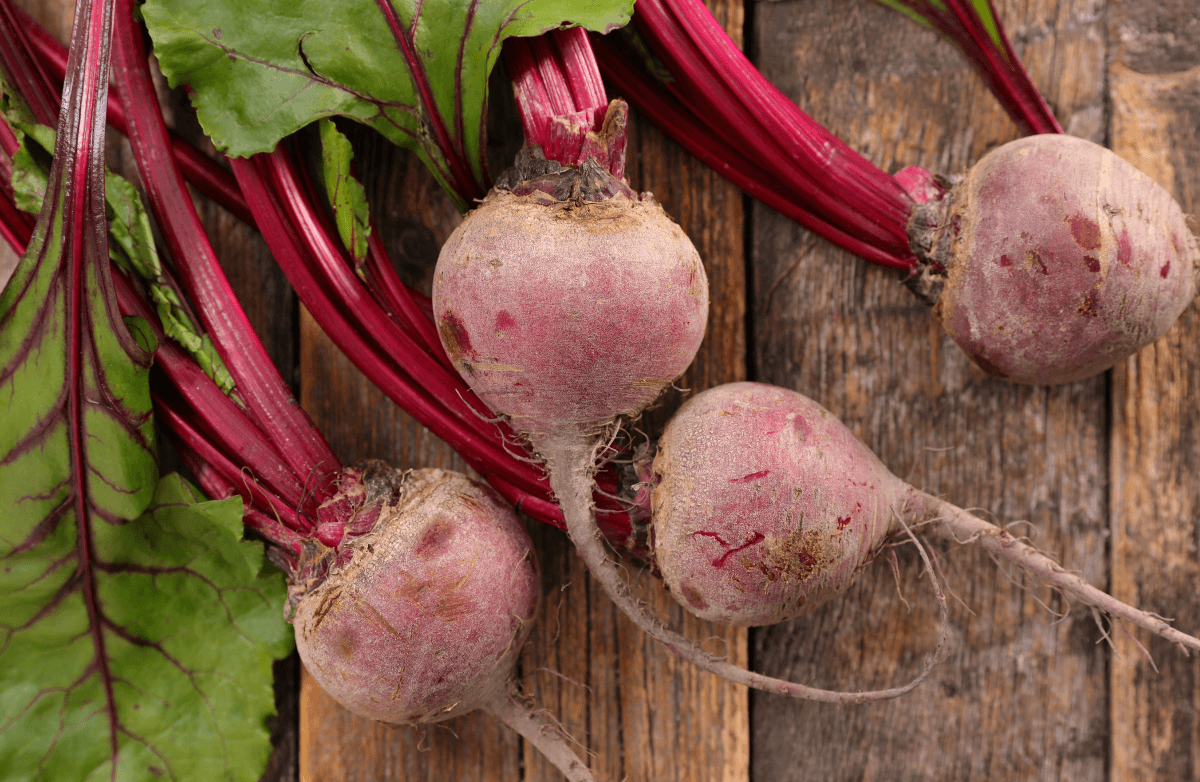|
If you're a fan of Asian or Indian food, you've likely consumed turmeric. Derived from its namesake perennial plant grown throughout India and in parts of Asia and Africa, the bright orange spice has been used medicinally in various parts of the world for thousands of years. On the culinary side, it’s most commonly used to lend its warm, bitter taste to curry powders, cheeses, butters and mustards. Turmeric’s secret weapon is the phytochemical curcumin, which has been linked to a myriad of health benefits. To increase their intake, many people are seeking out the supplement form of the spice. When a new supplement starts hitting headlines along with words like “must try” and “miracle,” it’s easy to buy into the hype, but does turmeric live up to its promises? We talked to a couple of nutrition experts to get their take. What Can Turmeric Do for You? Although there hasn't been a large amount of scientific research on humans, the evidence so far looks promising, says Sarah Bright of Bright Fitness. Most of the buzz is around curcumin's anti-inflammatory properties, which may slow or decrease swelling and inflammation. This could be great news for people suffering from a range of diseases, including cancer, heart conditions, arthritis and diabetes. "Preliminary studies suggest that turmeric's potential antioxidant effects could fight against free radicals to protect cells from damage, thus reducing the risk of cancer," says Laura Dilz, a registered dietitian with Lime and Greens. Curcumin's anti-inflammatory benefits could also help prevent the risk of heart disease by lowering bad (LDL) cholesterol, elevating heart protective (HDL) cholesterol and preventing plaque build-up in the arteries, according to Dilz. The compound has also been used to promote healthy digestion and liver function. Those suffering from or at risk of Alzheimer's may also benefit from turmeric. Numerous studies have found that curcumin reduces the brain plaque and nerve cell inflammation that contribute to the neurodegenerative disease. Who Shouldn't Take Turmeric? Those with suppressed immune systems could experience a worsening of symptoms when taking turmeric, and people with gallstones or bile duct dysfunction should avoid the supplement, says Dilz. She points out that turmeric can impact how the blood clots, which means it could increase bleeding risks in those taking blood thinners. Turmeric may also interfere with medications that either decrease the production of stomach acid or affect blood glucose levels. Pregnant or breastfeeding women can consume the spice in foods, but should steer clear of the supplement. "If you're unsure of whether you should take turmeric, or if you're taking other medications, it's important to talk to your doctor first," says Bright. How to Take Turmeric For general use, you can get the benefits by cooking with ground turmeric, or with the fresh root of turmeric. If you're using it to treat a specific problem or condition, though, you may need a supplement—in a juice, tea or pill format—to get a larger quantity of curcumin. "The University of Maryland Medical Center suggests that one to three grams of powdered turmeric is needed per day to reap potential health benefits," says Dilz. "However, there’s no clear recommendation for curcumin dosage, and additional research is needed to determine specific recommendations for turmeric intake." Beyond turmeric and curcumin, experts point out that many other factors influence inflammation levels, including the nutritional value of foods, the frequency and intensity of exercise and the amount of abdominal fat. The Verdict on Turmeric Although there’s growing evidence that turmeric can help combat inflammation, more research is needed to confirm its effectiveness against major diseases. Most people can add the spice to their diets without much risk, but it may not achieve the dramatic results that recent headlines imply. Have you ever supplemented with turmeric? Did you notice any benefits and/or side effects? |
More From SparkPeople
|







.jpg)












